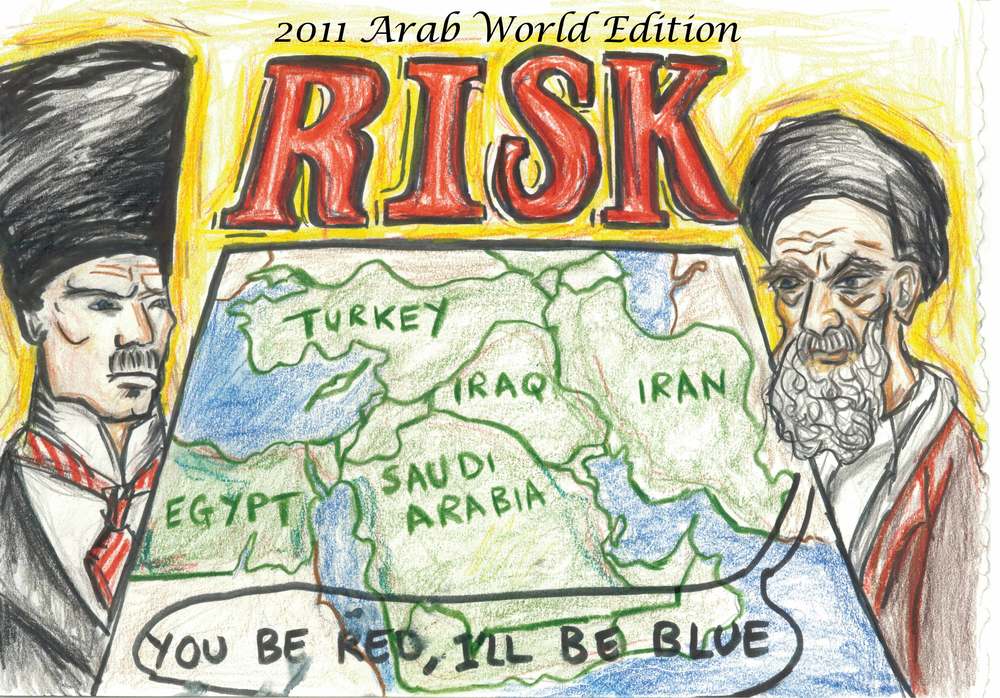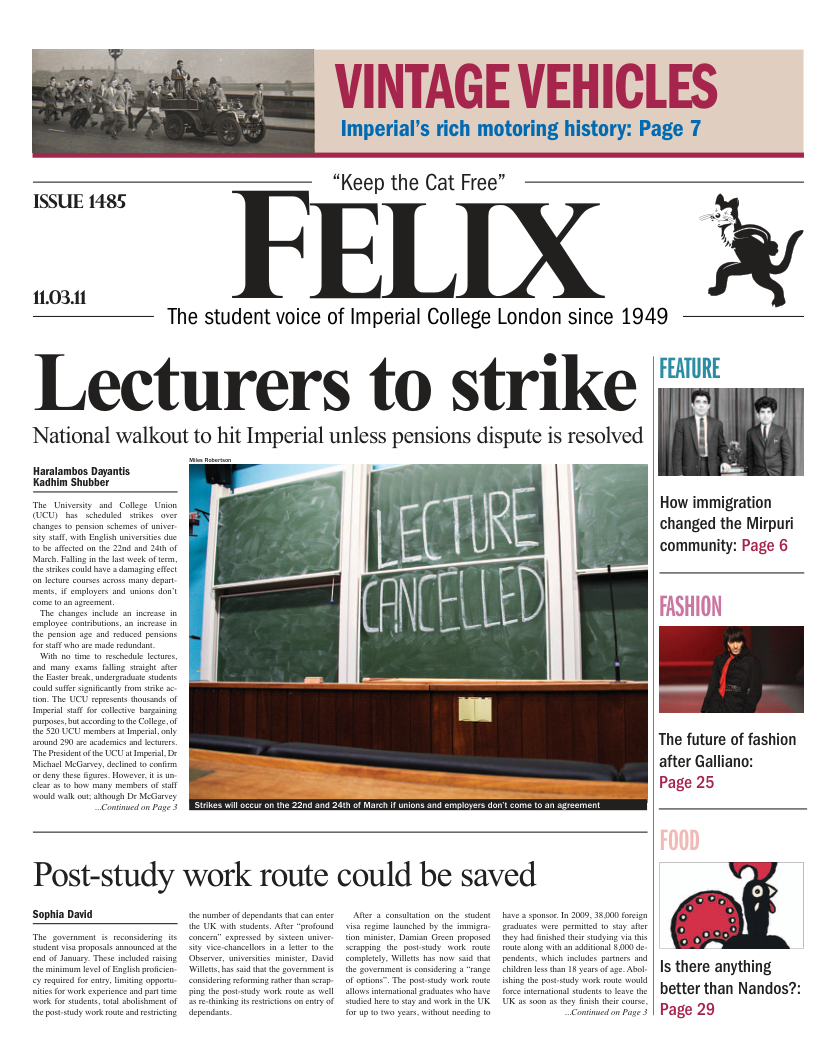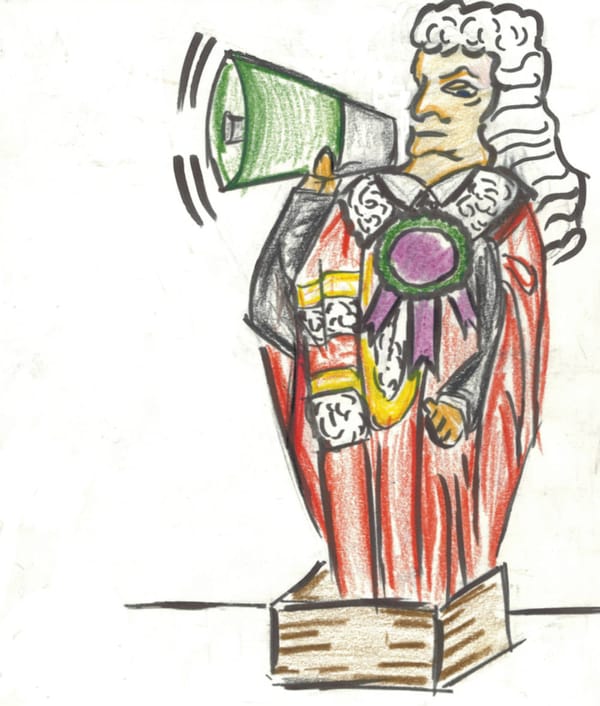The Middle East protests are secular
Navid Nabijou argues that you can’t claim the revolutions for Islam

Last Thursday, the Muslim Student Council hosted an event entitled: “Middle East: Revolution, Democratisation, and the End of U.S. Hegemony.” The evening featured four invited speakers, talking about recent events in their home countries: Saeed Shehabi from Bahrain, Monjia Abidi from Tunisia, Kamal El-Helbawy from Egypt and Guma El-Gamaty from Libya.
Each speech (with the notable exception of Mr El-Gamaty’s) consisted primarily of a feverish, lengthy and somewhat tedious elaboration on the brutality of the dictatorial regimes. Whilst acknowledging these facts is important, the insistence on rendering them in such minute detail unfortunately lowered the tone of the evening to one of indignant victimhood.
A related problem – a touch ironical given the title of the event – was the homogeneity of the speakers. On almost all the major issues, the panel was unanimous: there was a total absence of healthy debate. This might have been forgivable, had the purpose of the event been simply to present the experiences of a group of fairly remarkable individuals. But of course this was not the case: the incendiary title, together with the overall tone of the speakers, demonstrated that the event was aimed at making definitive judgements. Unfortunately, the organisers failed to realise that any conclusion is meaningless when all the participants hold the same views. Indeed, there were several interesting and valid points made by the speakers; but with nobody on the opposing side to engage with them, they could not acquire any legitimacy.
On almost all the major issues, the panel was unanimous: there was a total absence of healthy debate
Take, for instance, the title’s strident declaration of “the end of U.S. hegemony.” A fairly strong argument can be put forward for the quasi-imperialistic nature of American foreign policy in the Middle East. But because everyone already seemed to be in agreement on this, none of the speakers even bothered. Rather than discuss and explore the background and nuances of the situation, the influence of America was simply a tacitly assumed (though not at all well-defined) fact. This was finally challenged in the far-too-short Q&A session, when a member of the audience made the very good point that the instigators, collaborators and beneficiaries of dictatorship in a particular country are themselves overwhelmingly citizens of that country. Unsurprisingly, this charge was not responded to adequately.
The evening had a religious slant from the start, even opening with the recitation of a Koranic verse. Several (though not all) of the speakers expressed their belief that the current uprisings are Islamic in nature. This is patently false. The disparate protests and revolutions currently spreading across the Middle East have just one thing in common: their youth. This vital demographic, frustrated from years of oppressive government and lack of opportunity, finally conscious of its own strength, has shrugged off its shackles and is leading the revolt against tyranny. Each of the speakers lauded the young people for their crucial role in the uprising. But these modern, liberal youth, along with the movements they represent, are overwhelmingly secular; they draw upon notions of national, not religious, unity. To claim the incredible achievements of Tunisia and Egypt for Islam is at best misinformed, at worst plain malicious.
As mentioned before, the speakers did make a few fairly compelling points. Mr. El-Helbawy highlighted the hypocrisy of Western governments, which extol democracy while sanctioning the exclusion of particular parties from elections. Of all the speakers, Mr. El-Gamaty was certainly the most interesting and engaging. He spoke in detail of the impacts that events in neighbouring Tunisia and Egypt had on the Libyan people, and gave reasons supporting his view that Colonel Gadaffi would soon be defeated. However, due to the one-sided format of the event, these statements could not develop beyond the embryonic stage.
In the end, this event should serve as both a lesson and a warning: plurality; conflict and resolution, are essential for the development of a complete, robust view of the world. Groups of people assembling with the sole purpose of agreeing with one another should be wary that they are not taking the first steps towards their own delegitimisation.









